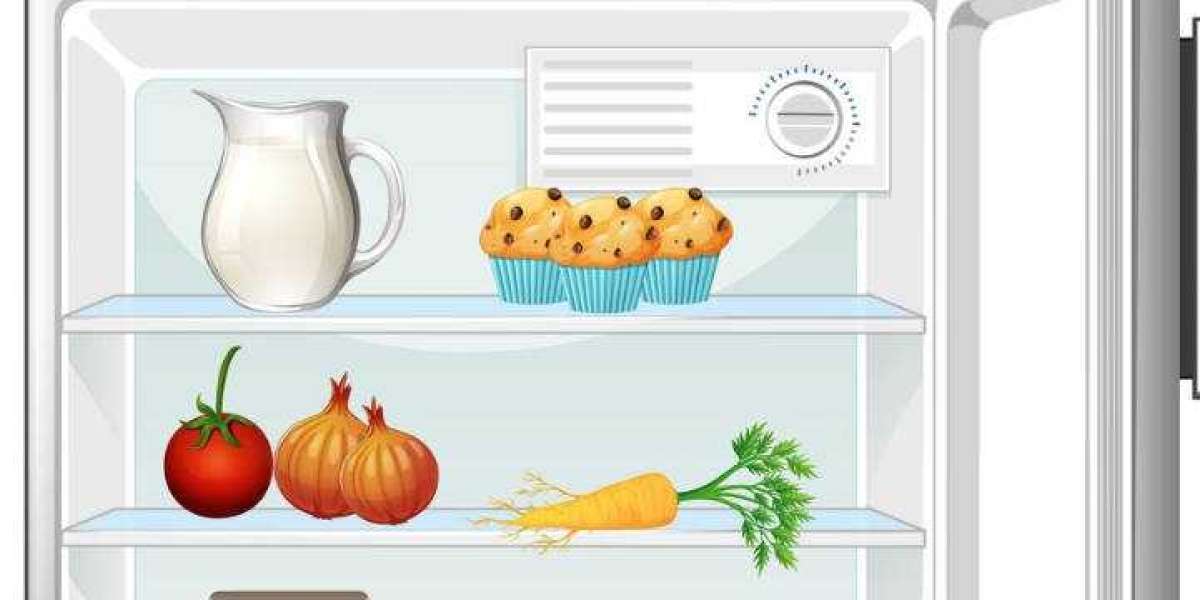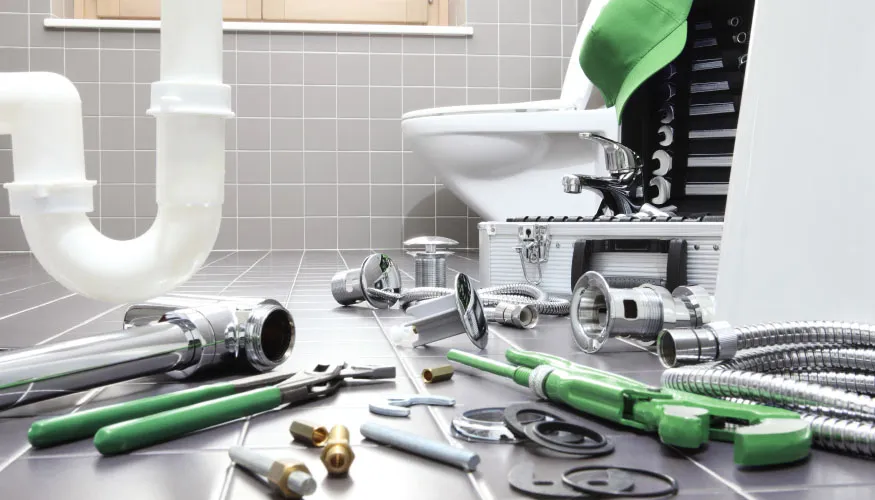In the fast-paced world of food service, from bustling restaurants to commercial kitchens, reliable refrigeration equipment is the backbone of smooth operations. High-quality, dependable refrigeration not only preserves food but also impacts efficiency, profitability, and customer satisfaction. Here’s why investing in reliable refrigeration equipment is critical for any food service establishment.
1. Ensuring Food Safety and Quality
The foremost reason for reliable refrigeration is to maintain food safety. Temperature-sensitive items such as dairy, meats, seafood, and fresh produce must be stored at consistent, low temperatures to prevent bacterial growth. Inconsistent temperatures or equipment malfunctions can lead to spoilage, contamination, and foodborne illnesses that can tarnish a brand's reputation and lead to significant losses.
Using reliable refrigeration equipment with advanced temperature control features ensures that food remains fresh for longer, retaining its quality and taste. This is especially important in commercial settings where high food turnover requires optimal storage to meet customer demands without compromising on quality.
2. Compliance with Health and Safety Regulations
Food service businesses are legally required to adhere to health and safety regulations, including maintaining specific temperature ranges for different food categories. Reliable refrigeration equipment helps businesses comply with these standards, ensuring safe storage and reducing the risk of contamination. Compliance with regulations is essential for maintaining the business license and avoiding hefty fines or closures.
Moreover, many refrigeration units come with built-in temperature monitoring systems, making it easier to record and monitor data for health inspections. Investing in reliable refrigeration that consistently meets regulatory standards can help prevent violations and reinforce customer trust.
3. Reducing Food Waste and Operational Costs
Spoiled food means wasted resources and lost revenue. When refrigeration equipment fails, food spoilage can occur rapidly, leading to costly waste. Reliable refrigeration equipment is designed to keep food at ideal temperatures, significantly extending its shelf life. This means restaurants and kitchens can buy in bulk and store products for longer, cutting down on waste and lowering supply costs.
Additionally, modern refrigeration units are more energy-efficient, lowering operational costs. High-quality refrigerators are built with energy-saving technology, such as LED lighting, improved insulation, and advanced compressors. These features reduce electricity consumption and help businesses manage their expenses more effectively.
4. Boosting Kitchen Efficiency
In a busy kitchen, time is a precious commodity. Reliable refrigeration equipment supports kitchen efficiency by keeping ingredients organized, easily accessible, and at optimal temperatures. This organization saves time by ensuring that chefs and staff can quickly find what they need without the hassle of dealing with malfunctioning equipment or spoiled items.
Advanced refrigeration units also often come with customizable storage options, allowing food service businesses to arrange items based on specific needs and kitchen flow. This streamlined setup helps reduce prep time, optimizes kitchen workflow, and enhances productivity, allowing staff to focus on delivering high-quality dishes.
5. Enhancing Customer Satisfaction
Customer satisfaction is at the core of any successful food service business. Poorly stored ingredients impact the taste, appearance, and quality of dishes, potentially leading to negative customer reviews and lost revenue. With reliable refrigeration equipment, food service businesses can maintain a consistent quality that keeps customers coming back.
Fresh ingredients translate into flavorful dishes that meet customers’ expectations. A single incident involving spoiled or compromised food can lead to negative online reviews, which can harm a business’s reputation. By prioritizing reliable refrigeration, businesses can ensure each dish meets high standards, building a loyal customer base and increasing the chances of positive word-of-mouth and online reviews.
6. Reducing Downtime and Maintenance Costs
Unexpected breakdowns of refrigeration units can cause significant disruption to food service operations, resulting in lost revenue, wasted ingredients, and emergency repair costs. Investing in dependable refrigeration equipment reduces the likelihood of frequent repairs and costly downtime. While high-quality equipment may have a higher initial cost, it typically requires less maintenance over time, making it a cost-effective investment.
Some modern refrigeration units come with self-diagnostic features that alert operators to potential issues before they become serious problems. This proactive approach allows food service businesses to schedule maintenance when convenient, reducing the risk of breakdowns during busy service hours and helping control repair costs.
7. Adapting to Seasonal Demands and Menu Changes
Many food service businesses experience seasonal fluctuations, where refrigeration needs may increase or decrease depending on the time of year and menu changes. Reliable refrigeration equipment that can handle these fluctuations helps businesses remain agile and responsive to changing demands.
For example, during peak seasons, restaurants may stock larger quantities of ingredients to accommodate increased customer traffic. During these times, dependable refrigeration ensures the ingredients are stored safely, allowing businesses to meet customer demand without worrying about spoilage.
Additionally, as businesses adapt their menus or include special seasonal items, reliable refrigeration supports these changes, helping maintain food quality and availability as needed.
8. Supporting Sustainable Practices
Sustainability is becoming increasingly important in the food service industry, with more businesses focusing on eco-friendly practices. Reliable refrigeration equipment plays a crucial role in supporting these efforts by reducing food waste and conserving energy. Many modern units are designed with environmentally friendly features, such as natural refrigerants and energy-efficient components, that help reduce a business’s carbon footprint.
By investing in energy-efficient refrigeration, businesses can contribute to a more sustainable food service industry, reducing waste and promoting greener practices. This also aligns with the values of many modern consumers who prefer to support businesses that prioritize sustainability.
Conclusion
For any food service establishment, reliable refrigeration equipment is a critical investment that ensures food safety, quality, and efficient operation. Beyond simply preserving food, dependable refrigeration supports regulatory compliance, reduces waste, and contributes to customer satisfaction. Additionally, modern, energy-efficient refrigeration units offer cost-saving advantages and help businesses adopt sustainable practices. By choosing reliable refrigeration equipment, food service businesses can protect their reputation, enhance efficiency, and ultimately improve profitability. Prioritizing reliable refrigeration is a wise decision that positions food service establishments for long-term success in an increasingly competitive industry.








